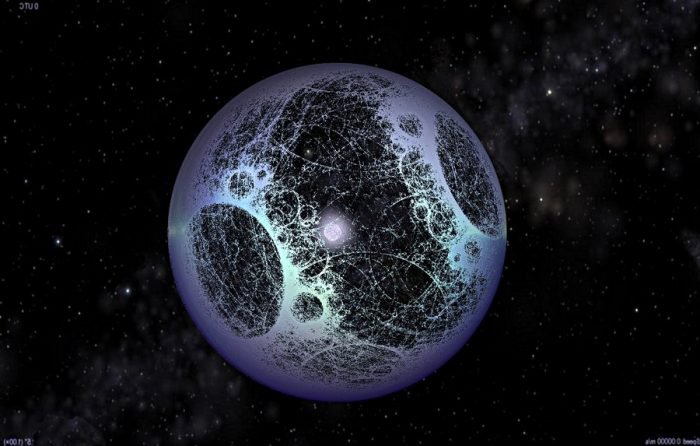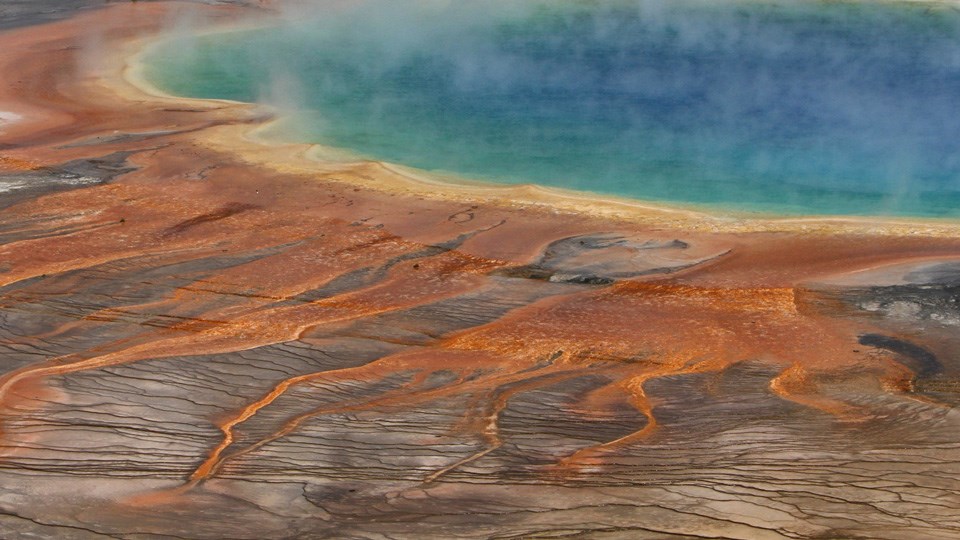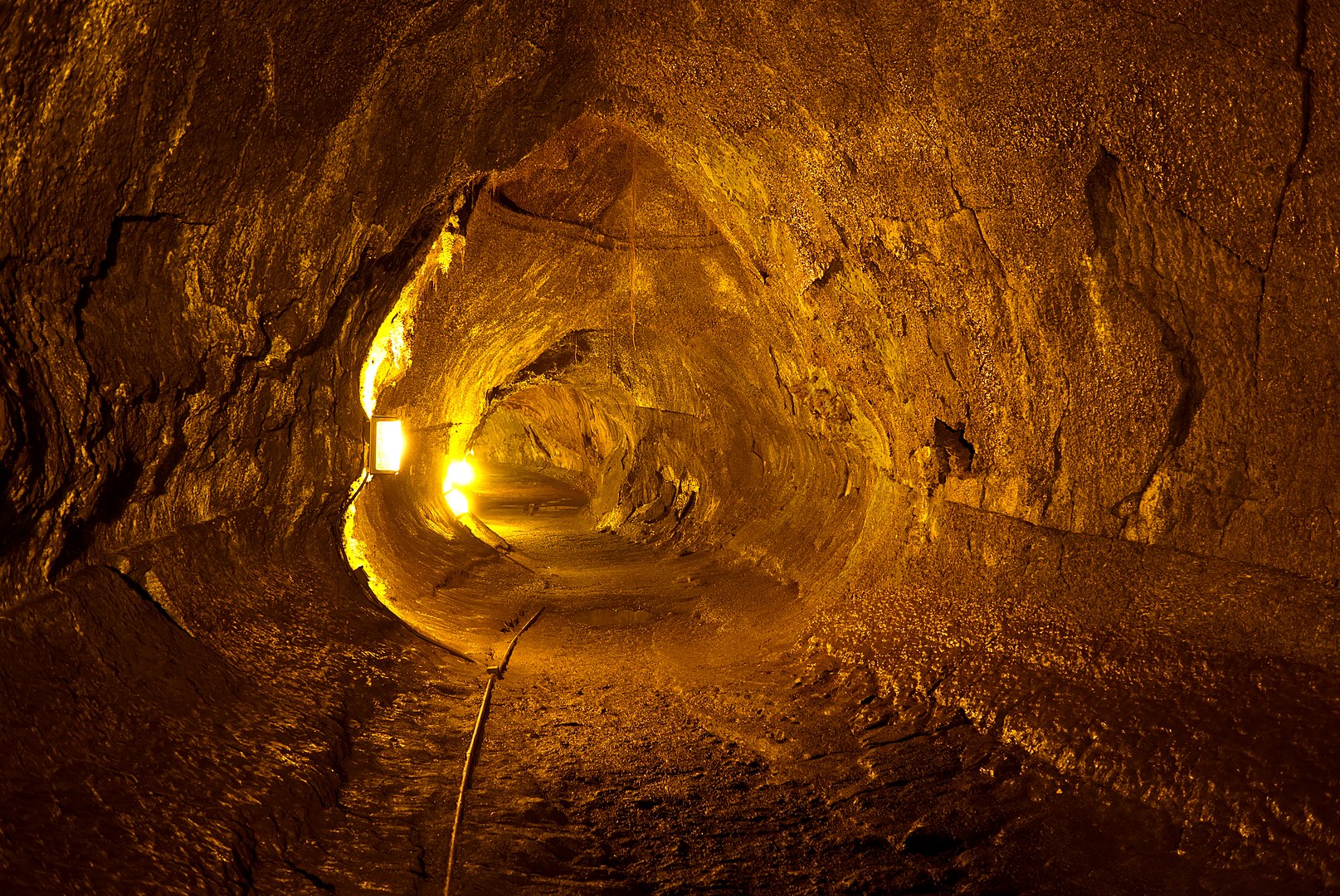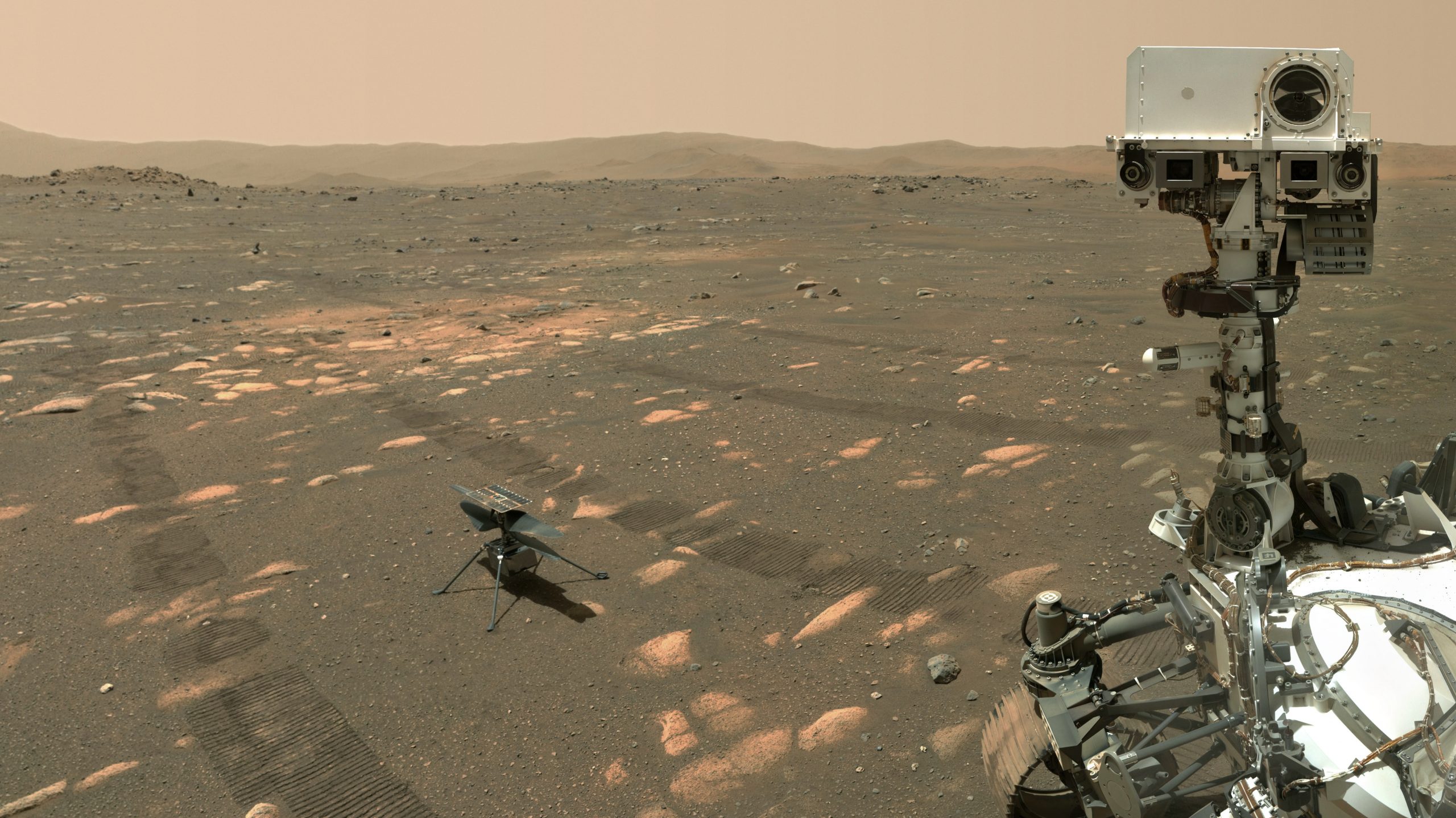Last week we talked about what it’s going to take to confirm basic biological life across the Solar System and the Milky Way. This week, we’ll discuss what it’s going to take to detect intelligent life out there in space.



Fraser Cain
Universe Today

Dr. Pamela Gay
CosmoQuest

Last week we talked about what it’s going to take to confirm basic biological life across the Solar System and the Milky Way. This week, we’ll discuss what it’s going to take to detect intelligent life out there in space.

Are we alone in the Universe? It’s one of the biggest scientific questions we can possibly ask. And yet, with rovers on Mars, missions planned to visit Europa and Ganymede. Powerful telescopes able to detect the atmospheres of exoplanets, we’re closer than ever to finding out the answer.

Volcanoes can be some of the worst natural disasters we can experience here on Earth, but life wouldn’t even exist without them. What are volcanoes good for anyway?

As you all know, Pamela refuses to talk about any missions which aren’t actually doing science. Well, Perseverance has crossed the line, from fantasy to an actual working rover, scooping regolith and yeeting helicopters. What has the rover accomplished in its first 100 days?
Recent Episodes
In the last few weeks we've had many emails saying that our tour of the solar system would not be complete without a show on the asteroid belt. Your wish is our command! We talked about Mars in episode 52, and now that we're back on track our next stop is the asteroid...
It's been a while, so let's catch up with the listener questions. We've got some easy ones, some hard ones and probably some impossible ones. We talk about our universe as a black hole, tidal locking of planets like Uranus, colours of stars at different ages, our...
This is a very different episode of Astronomy Cast. As we mentioned last week, Pamela recently attended the Dragon*Con science fiction convention in Atlanta, Georgia. While she was there, she participated in a special live edition of Astronomy Cast with special guest...
As a reward to the all the dedicated fans who completed our demographic survey, we released this special episode of Astronomy Cast. As promised, we're now releasing this episode to all of our subscribers. Panspermia is a controversial theory that life on Earth...
Today we consider Mars, the next planet in our journey through the Solar System. Apart from the Earth, it's the most explored planet in our Solar System. Even now there are rovers crawling the surface, orbiters overhead, and a lander on its way. It's a cold, dry...
Another week, another planet. This time we talk about our own home world: Earth. You might think you know the planet beneath your feet, but it's actually one of the most interesting and dynamic places in the Solar System. Learn about our planet's formation, weather,...
Last week we talked about Mercury, so this week our planetary parade proceeds to Venus. It's the brightest object in the sky, the hottest object in the solar system, and it's probably one of the most deadly places to go and visit. Episode 50: Venus (13.4MB) Jump to...
We're still digging through the thousands of comments and suggestions from the listener survey but we hear your requests and suggestions, and now you get to start reaping the benefits. Today we start our survey of the solar system with Mercury. What mysteries is it...
Last week we talked about tidal forces within our solar system. This week we're going to expand our view and encompass the entire universe. Some of the most dramatic events originate from tidal forces caused by gravity: other worlds, galaxies, black holes and even...
Consider the following: we've got tides here on Earth, the Moon only shows one face to the Earth, we've got volcanoes on Io, and ice geysers on Enceladus. All these phenomena originate from a common cause: the force of gravity stretching across space to tug at another...
We've discussed star formation in the past, but now we wanted to talk about the different kinds of stellar nurseries we see across the Universe. We know where our Sun came from because we can look out and see different stellar neighborhoods at every stage of...
This week we wanted to give you a basic physics lesson. This isn't easy physics, this is a lesson on the basic numbers of the Universe. Each of these numbers define a key aspect of our Universe. If they had different values, the Universe would be a changed place, and...
Thank you for your interest in the survey, but we have completed gathering data. If you would like to see the results of this survey, check out our paper in Communicating Astronomy with the Public It's time to answer questions again, but this time we hope that you'll...
If you remember way back to Episode 9, we covered Einstein's Theory of Special Relativity. Well, that's only half of the relativity picture. The great scientist made an even more profound impact on physics with his theory of general relativity, replacing Newton with a...
It's time to answer the questions again. And this time we've got some doozies. Is the Universe rotating? Is space something, or is it nothing? Is dark energy evenly distributed? What would happen if an astronaut went out the airlock, without a spacesuit. Want to know...
You probably don't realise it, but magnetic fields are everywhere. We're not talking about the magnets in your speakers, your electronic equipment or on the fridge door. We're talking about the gigantic magnetic fields that surround planets, stars, galaxies and some...
The last decade has been the golden age of astronomy, with new observatories and space telescopes pushing out our understanding of the Universe. We can see billions of light years away, watch dynamic events unfold in almost real-time, and see into every corner of the...
Once again, Pamela does her duty as an astronomer and joins her colleagues at the American Astronomical Society's meeting, held in May, 2007 on Honolulu, Hawaii. With all that sand, surf and sun, how did anyone get any science done? Pamela tracked down the interesting...
While Pamela's away at the American Astronomical Society meeting, we brought in a special guest to help debunk some of the pseudoscience that people mistake for astronomy. Dr Steven Novella from the Skeptic's Guide to the Universe gets to the bottom of astrology and...
Huge stars become black holes, and small stars become white dwarfs. But medium-sized stars can become neutron stars; exotic objects that overcome the nuclear force holding protons and electrons apart. What was once the size of a star is compressed down to only a few...